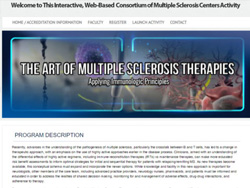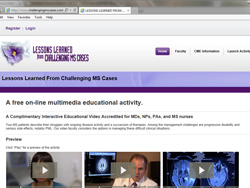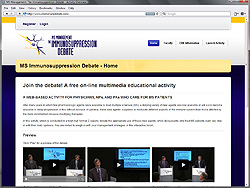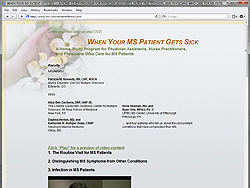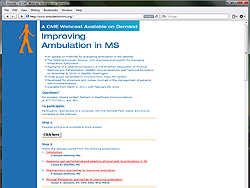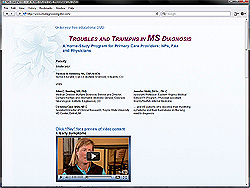Advances in the understanding of the pathogenesis of multiple sclerosis, particularly the crosstalk between B and T cells, has led to a change in therapeutic approach, with an emphasis on the use of highly active approaches earlier in the disease process. Clinicians, armed with an understanding of the differential effects of highly active regimens, including immune-reconstitution therapies (IRTs) vs maintenance therapies, can make more educated risk:benefit assessments to inform optimal strategies for initial and sequential therapy for patients with relapsing/remitting MS. As new therapies become available, this conceptual schema must expand and incorporate the newer options. While knowledge and facility in this new approach is important for neurologists, other members of the care team, including advanced practice providers, neurology nurses, pharmacists, and patients must be informed and educated in order to address the realities of shared decision making, monitoring for and management of adverse effects, drug-drug interactions, and adherence to therapy.
This initiative, The Art of Multiple Sclerosis Therapies: Applying Immunologic Principles in MS, reviews the immunology of MS and its application in therapeutic selection. Using case examples, the faculty will address the disease, drug, and patient factors affecting the choice of initial and sequential therapies. Triple accredited for physicians, nurses, and pharmacists, this activity will appeal to the entire range of clinicians who care for MS patients. Downloadable patient education materials related to this new approach are also included.
Site available for viewing, but credit no longer available.

